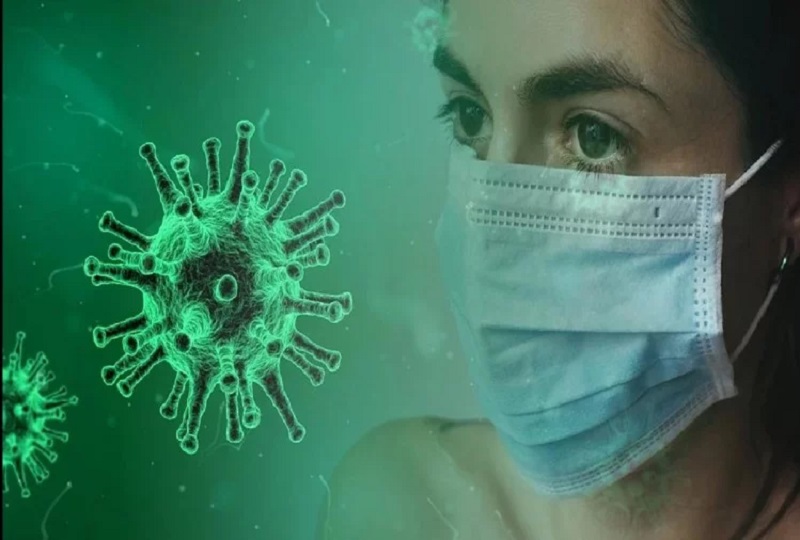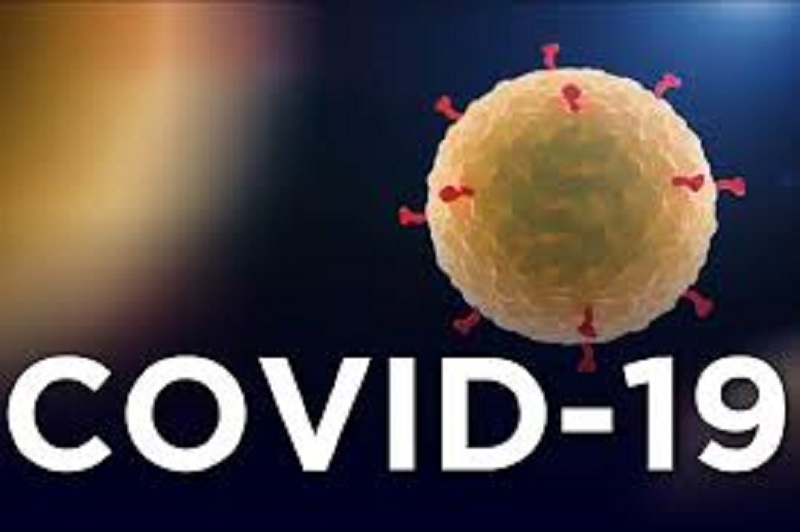
Healthcare workers are at risk for getting infection by the nature of their work. But this risk can be reduced by following some basic precautions. This list is written for all HCW’s with special focus on nurses.
1. Once you get to work, imagine that everyone around you has COVID-19, and take precautions accordingly. As a single line summary, this covers everything.
2. Not all people with COVID will have fever or cough. A good number of patients have no symptoms at all. Therefore, if someone seems healthy to you, that does not mean they don’t have COVID.
3. Don’t shake hands with anyone. Maintain social distancing, even if it is your colleague. It will protect us from them, and them from us.
4. Be careful not to touch your face while at work or in public places. Touching the face is a subconscious behaviour. If you see colleagues do it, gently remind them.

5. Make sure that all objects of common use such as keyboard, mouse, phone, bathroom fixtures and door handles are regularly disinfected by those responsible.
5. Wash your hands frequently and thoroughly with soap for 20 seconds. Wash hands before putting on, and after removing gloves. Keep fingertips as clean as possible.
6. The SARSCov-2 virus can be instantly and easily destroyed by washing with ordinary soap. This is because this virus has a fatty coat that is disrupted by soap. Where soap is not available, use alcohol based sanitiser.
7. This virus can spread rapidly in places where people group together, especially in closed spaces. So be careful to avoid groups/crowds. This is absolutely the most important precaution.
Out of the 60 healthy people who went to sing choir at a church in Washington, US using all other precautions, 45 got infected with COVID within three weeks. This is indisputable evidence of the tremendous spreading potential of the virus in groups.

8. Avoid lift / elevator as much as possible, especially when it is crowded. It is easy to inhale the droplets that hang in the still air in such closed spaces. Besides, public elevator buttons could be easily contaminated with virus.
9. Those nurses and healthcare staff who are assigned to areas that treat patients with fever and cough must be advised not to visit other treatment areas of the hospital. Likewise, patients having symptoms of flu, must not be allowed to wander in other parts of the hospital. These are standard administrative precautions to reduce the spread of the virus.
10. If you have a fever, a cough or a cold, stay home from work. This is to prevent others from getting sick.
11. Patients are known to hide their high risk travel and contact information. Therefore, depending on self-disclosed travel history is pointless at this time. Treat everyone as possible COVID. Two doctors died recently in Malaysia after a pregnant patient deliberately concealed her contact information.
Experts estimate that there are many people carrying the virus in our general community, whether or not there is official notification of community spread. Their numbers will continue to increase.
The number of patients seen on TV however will continue to be low because there is currently no way to diagnose these people. India’s testing rates are still among the lowest in the world.

12. Do not work without sufficient precautions as is recommended for each clinical situation. The guidelines for correct PPE used for various situations has been published by the Ministry of health and family welfare government of India. This is available at the MOHFW website.
For example, when aerosol-producing procedures such as intubation and tracheal suction are performed, more measures are required than when taking a patient to the neurology OP.
13. MOHFW proposes two types of masks: the N95 and the triple layer surgical mask. The shortage of PPE has become a problem worldwide. Cloth masks are being made as a potential alternative, but is not yet officially recommended for health workers.
14. Surgical mask must be worn while working in busy areas.
15. Watch the MOHFW-AIIMS training videos that explain exactly how to use the mask. Improper technique while using the mask will only increase your risk of infection. The coloured part of the mask should be exposed; it should never be touched by hand. Take special note of this when removing the mask.
Be aware that the hospital you are working at could soon be converted into a full-fledged COVID treatment facility. Start discussions in that direction right now. Identify and rectify any deficiencies in protocols, and clarify doubts while we still have the time.
16. When hand washing, be sure to follow all the steps correctly.

17. Put the mask and gloves in their respective bins before leaving after work. Never store them in your pocket or handbag. Also disinfect pen, scissors, spectacles, with sanitiser or soap.
18. The mobile phone can be a source of virus spread. Wipe it at least once a day with a sanitiser or a drop of soap applied on a slightly damp cloth or tissue.
19. Traveling outside the hospital wearing uniforms while on duty is not advisable for many reasons.
20. When you come home, you should wash your hands first and then take a full bath. Washing your hair with a little shampoo or soap will help you get rid of any droplets that got stuck on your hair while at work.
21. After reaching home, washing your uniform and casual travel clothes with soap guarantees they are 100% free from virus the next time you wear them.
22. People at home could understandably be anxious about risk of infection. Anxiety occurs from lack of clarity. Please educate them calmly about the facts, show them good quality videos. Reassure them that if sufficient precautions are taken, they will not get COVID.

23. All over the world, healthcare workers have suffered from Covid. Over 77 doctors have died in Italy. Many nurses and other staff have lost their lives. In several instances, failure to acknowledge the presence of COVID in our workplace, and non-adherence to protocols have resulted in tragedy.
24. The aim of this message is to arm you with the most practically useful scientific information possible. Share with anyone who works in healthcare sector.
25. Never underestimate the pandemic.
Dr Rajeev Jayadevan MD, DNB, MRCP, American Board Certification in Medicine and Gastroenterology.
President, IMA Cochin
*(Please note that most of the above instructions are part of standard (universal) precautions that have been in place for all healthcare workers for many decades)

Post Your Comments